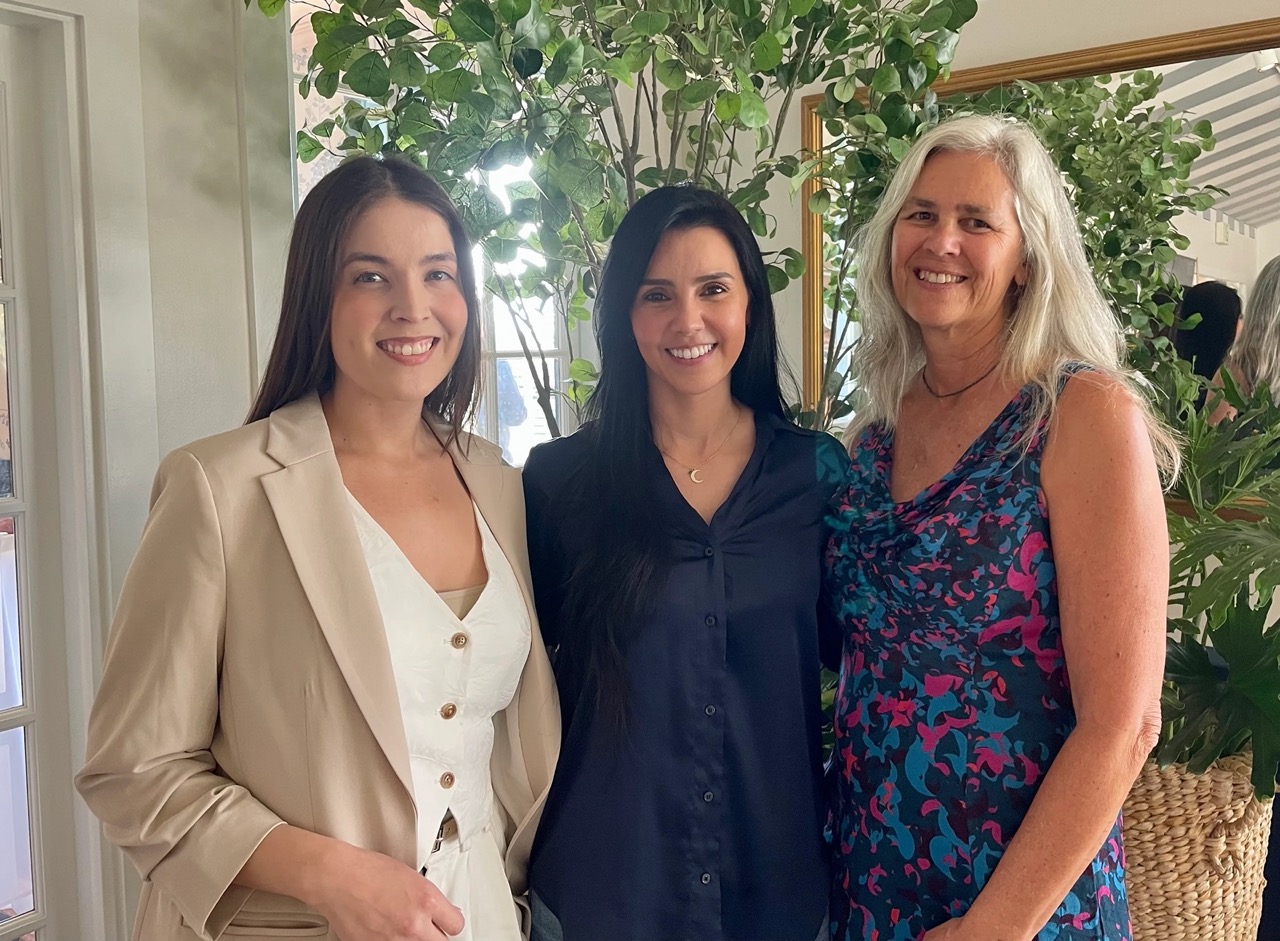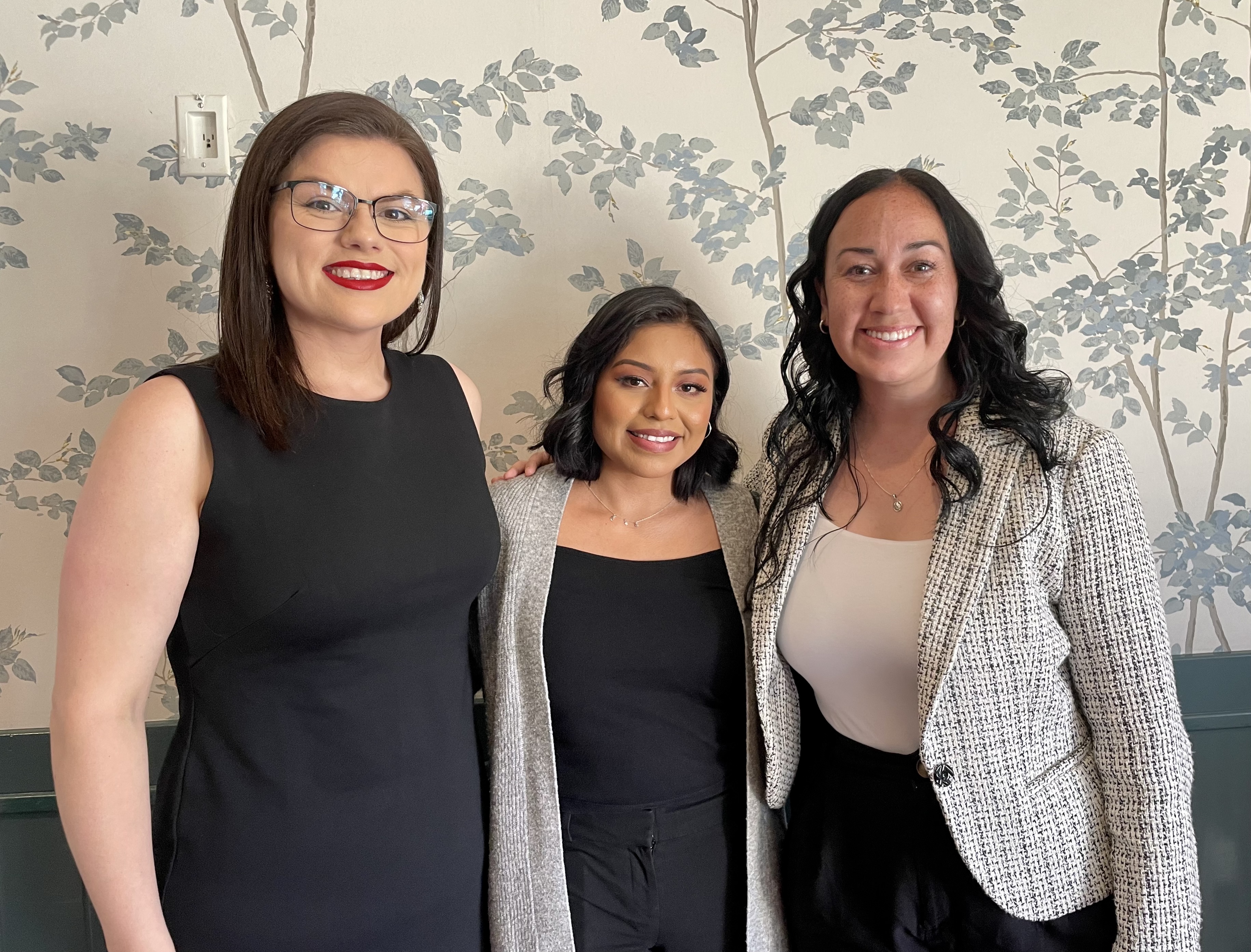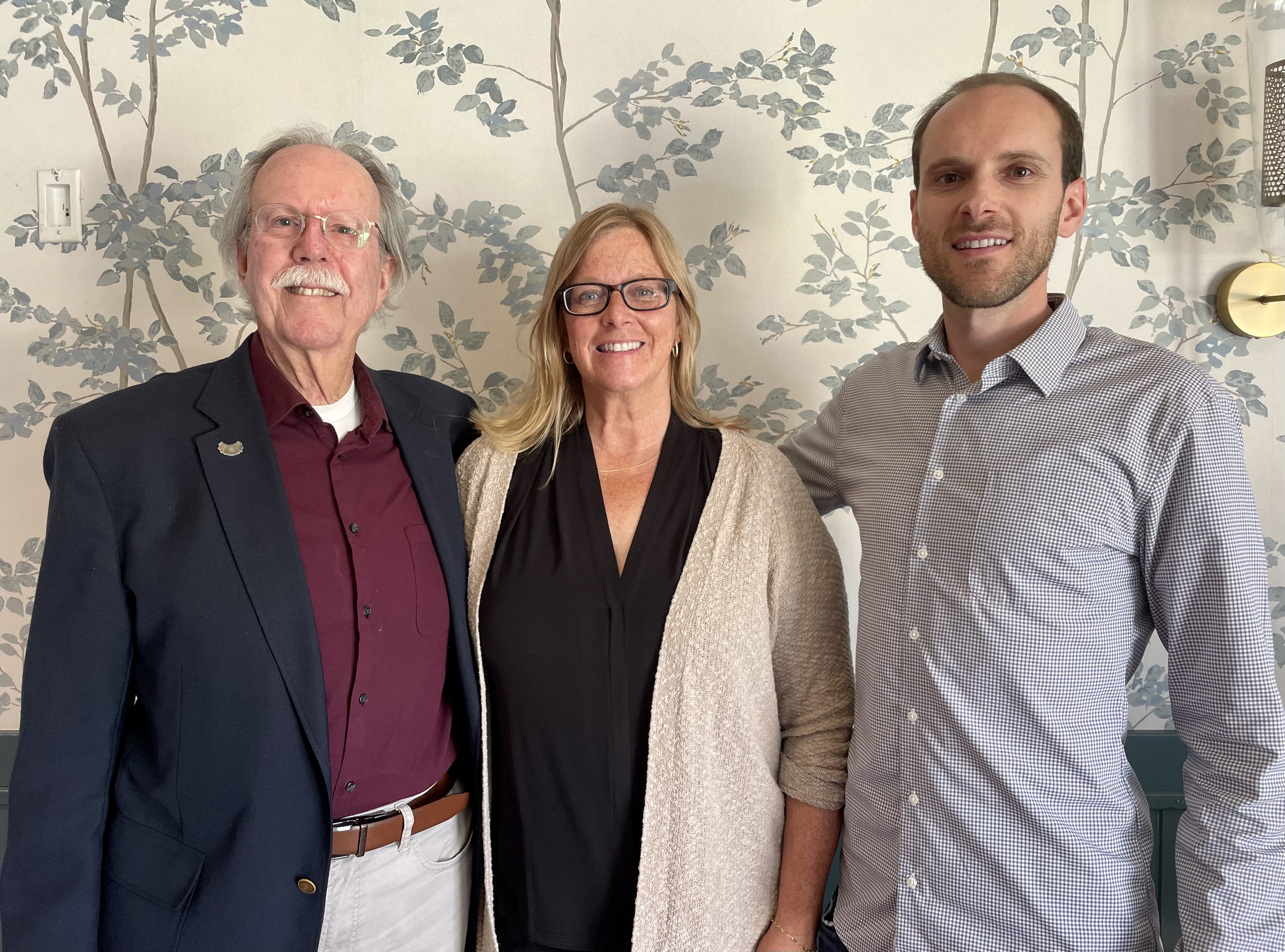Immigrant Legal Defense Center is Savior for Unaccompanied Minors
Nonprofit Represents 160 Clients in SB County

On May 8 at Brass Bear Uptown, the Immigrant Legal Defense Center (ILDC) celebrated six years of representing immigrants. With four attorneys and a limited budget, ILDC can serve only a small fraction of those in the tri-counties facing deportation, forcing the nonprofit to decide who on its waitlist is the most vulnerable. Most clients are youth and women, with 40 percent of cases being unaccompanied children who sought protection at the border.
In an interview, Executive Director Julissa Peña explained that ILDC prioritizes these children because most of them are fleeing high rates of violent crime, gang recruitment, and severe economic security. What’s more, when they come to the U.S., most end up in extremely low-income situations where there’s gang violence and recruitment. If they miss a court hearing, they are most likely deported in absentia.
When unaccompanied minors arrive at the border, they are taken into custody and can then be released to sponsors, who are often family members. In the six months ending March 2024, 93 unaccompanied minors were released to sponsors in S.B. County and 95 in Ventura County.
Application can be made for Special Immigrant Juvenile Status (SIJS), which provides relief from deportation if there is a finding of abuse, abandonment, or neglect and other conditions are met. In the best case, SIJS status is granted in family court, and the removal proceeding before the U.S. Customs and Immigration Service is then terminated.
Even when this occurs, the child often has to wait another five or six years before he or she can apply for legal permanent residence (green card) because of a quota system backlog. During this waiting period, case management and counseling are critical, Peña explained, because if a youth gets in any serious legal trouble, their green card is in jeopardy.
Funding from the state and other sources has enabled ILDC to now offer more formalized case management and, this year, to introduce counseling services. These youth have experienced intense trauma, according to Peña, because of what they endured back home, on their journey to the U.S., and in the post-migration experience. “We want to make sure we do all we can to ensure these kids are okay and receive the help they need.”
Demand for SIJS representation has grown both because of an increase in unaccompanied immigrant children here and because of a recent DACA court ruling foreclosing that path. There are many youths who entered without inspection years ago, grew up here, and are fluent English speakers, but cannot afford college and are not permitted to work. SIJS status is available to these youth who are under 21 and meet certain requirements. They are roughly 35 percent of ILDC’s cases.
ILDC currently represents 230 clients, about 80 in South S.B. County and an equal number in North S.B. County. The majority of youth ILDC represents are from Central America; the rest are from Mexico.
When asked what motivates her to work so hard, Peña stated that anger and heartbreak have played a huge role. “The immigration system … makes it ridiculously difficult for immigrants to exercise their due process rights when they cannot afford an attorney and are not appointed government counsel. It is mind-boggling to see that this country expects children and immigrants to represent themselves, despite the existing language barriers and difficulty in navigating such a complex immigration system.”
Peña is not deterred. “I am always in awe of our immigrant community’s strength and ability to believe in a better tomorrow. Every day, they teach me to be a better human. I also have an incredible team that does not cease to inspire me.”
Peña heaps praise on ILDC’s case manager Bianca Morales, who helps clients navigate complex systems to attain healthcare, housing, and other basic services. She is “a constant presence in their lives,” and when clients open up with information useful for their legal case, Morales seeks permission to share the info with staff attorneys.
Morales works with ILDC’s new therapist, Maria Ornelas Ruvalcaba, serving 30 clients, half of whom get therapy. The need for therapy, however, is universal among the children, Ornelas shared, because of the several stressors they face. Triage is done through assessing each child’s overall situation. Unaccompanied youth are prioritized, because being placed with a family member with whom they have little or no connection creates a lot of distress, Ornelas related, on top of the grieving of their home country and family.
From her own experience as a young immigrant, Ornelas knows the importance of cultural representation in therapy and finds her job incredibly rewarding. “I find myself working hard to come in with cultural humility and an openness to learn from my clients so that they can feel safe enough to allow me to help them. At the end of the day, I remind myself that it is an honor to hold space for a vulnerable population, and I feel very blessed to be able to be a part of their journey.”
While ILDC has received some multi-year grants from the state and other sources that help with its current caseload, community support is needed to expand its services. ILDC stopped doing intake because of the length of its waitlist, which currently stands at more than 120.
For more info or to make a donation, go to https://www.sbimmigrantdefense.org.




You must be logged in to post a comment.